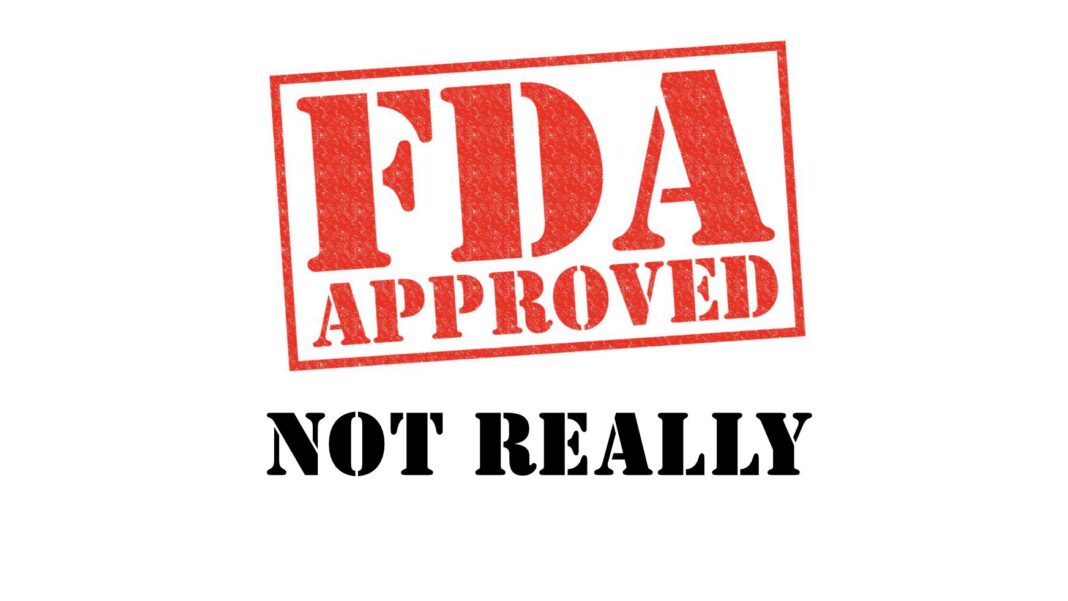The 21st Century Cures Act (Cures Act), signed into law in December 2016, was created to help accelerate medical product development and “bring new innovations and advances” to patients quicker and more efficiently. Yet some researchers suggest the law is being used to bypass the once rigorous and evidenced-based standards for new drug approvals, allowing novel drugs to flood the market without adequate data and public transparency.
According to a research letter published on August 8 in the Journal of the American Medical Association Network Open (JAMA), 24 of the 37 drugs approved in 2022 by the U.S. Food and Drug Administration (FDA) were based on a single study, with only four drugs having more than three studies to support their approval.
“I’m not surprised,” David Gortler, a pharmacologist, pharmacist, and FDA reform advocate at the Ethics and Public Policy Center, told The Epoch Times in an email. As a former senior advisor to the FDA commissioner, Mr. Gortler said he saw the agency grant expedited approval to a medication called aducanumab—used to treat Alzheimer’s disease “based on zero positive studies.”
“They did the same with other monoclonal antibodies for Alzheimer’s disease,” Mr. Gortler said.
According to the research letter, most of the 413 studies evaluating the 37 drugs approved in 2022 were sponsored by the industry—meaning they were manufactured, funded, and analyzed by the company producing the product, seeking FDA approval, and standing to benefit financially from the drug.
Of the studies available for analysis, only 25 percent of study results have been made publicly available, with the results of six percent of those studies published after the FDA had already approved the drug for use.
Furthermore, researchers found that only 55 percent of studies evaluating drugs in 2022 consisted of randomized clinical trials—the “gold standard” of evidence-based medicine—despite the FDA justifying most approvals based on randomized clinical trial data.
For comparison, only 20 percent of medical products in 2016 were approved based on a single study, and 55 percent were approved based on three or more studies, whereas 65 percent of drugs in 2022 were approved based on a single study, with only 11 percent having three or more studies.









